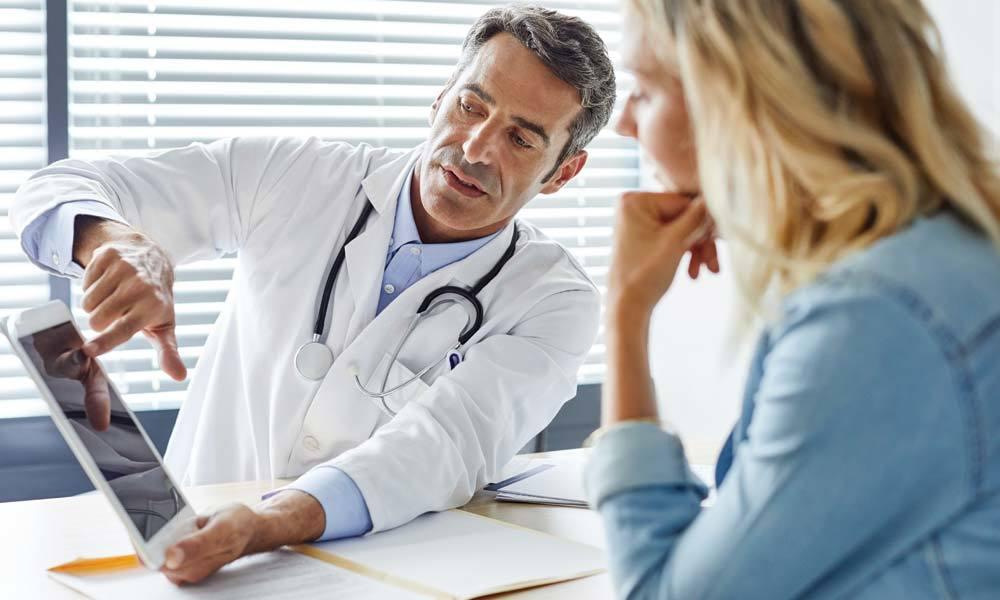
Colon cancer is the second leading cause of cancer-related deaths in the United States, but it can be prevented through screenings like colonoscopies. A colonoscopy is a procedure that allows a doctor to look inside your colon and rectum for polyps, which are abnormal growths on the colon wall that may lead to cancer if left untreated. If you are over the age of 50, it is recommended that you get screened for colon cancer with a colonoscopy.
What is a colonoscopy, and why is it important to get screened for colon cancer
A colonoscopy is a procedure that allows a doctor to look inside your colon and rectum for polyps, which are abnormal growths on the colon wall that may lead to cancer if left untreated. If you are over the age of 50, it is recommended that you get screened for colon cancer with a colonoscopy.
There are several reasons why it is important to get screened for colon cancer. First, colon cancer is the second leading cause of cancer-related deaths in the United States. Second, colonoscopies can detect polyps, which are abnormal growths on the colon wall that may lead to cancer if left untreated. Finally, early detection of colon cancer gives you the best chance at successful treatment.
What are the risks associated with colonoscopies?
There are no risks associated with getting a colonoscopy. A colonoscopy is a safe and effective screening test for colon cancer. It is important to remember that a colonoscopy is only as good as the preparation that you do before the procedure. If you follow the instructions provided by your doctor, you will have a safe and successful colonoscopy.
How to prepare for a colonoscopy
The preparation for a colonoscopy is important in order to ensure that the procedure is safe and effective. There are several steps you can take to prepare for your colonoscopy.
First, you should stop eating solid foods two days before the colonoscopy. This will give your colon time to empty out so that the doctor can see the inside of your colon more clearly. You can drink clear liquids, like water and juice, in the two days leading up to the colonoscopy.
Second, you will need to clean out your colon. This is done by taking a laxative medication called Colace in the two days leading up to the colonoscopy. Colace helps to soften your stool and make it easier to pass.
Third, you will need to arrive at the hospital or clinic with a clean colon. This means that you will need to use the restroom shortly before your colonoscopy. If you are unable to go to the bathroom before your appointment, you can use an enema kit to clean out your colon.
What to expect during and after your colonoscopy
If you are having a colonoscopy, you can expect the following during the procedure:
- You will be given a sedative to help you relax.
- You will be lying on your side on the examination table.
- The doctor will insert a colonoscope into your colon.
- The colonoscope is a long, flexible tube with a camera at the end that allows the doctor to see inside your colon.
- The doctor will look for polyps and remove them if they are found.
- The colonoscopy takes about 30 minutes to complete.
After the colonoscopy, you can expect the following:
- You will need to rest for a few hours after the procedure.
- You may experience some cramping and bloat after the colonoscopy. This is normal and should go away within a day or two.
- You should drink plenty of fluids in the days following the colonoscopy to help flush out your system.
- Your doctor may give you instructions on any follow-up care or further screening based on the results of the colonoscopy.
Getting a colonoscopy is an important step in screening for colon cancer. By following your doctor's preparation instructions and knowing what to expect during and after the colonoscopy, you can ensure a safe and successful procedure.
How often should you get screened for colon cancer?
Screening for colon cancer is an important part of maintaining your health. All adults over the age of 50 should get screened for colon cancer, as it is the second leading cause of cancer-related deaths in the United States. However, even if you are not over 50, it is still important to talk to your doctor about getting screened for colon cancer if you have any risk factors, such as a family history of the disease.
There are several methods of screening for colon cancer, but the most common and effective is a colonoscopy. A colonoscopy can detect polyps, which are abnormal growths on the colon wall that may lead to cancer if left untreated. Early detection of colon cancer gives you the best chance at successful treatment.
How often should you get screened for colon cancer? There is no one answer to this question, as everyone's risk for colon cancer varies. However, most doctors recommend getting screened for colon cancer every 5 years. Talk to your doctor about what screening method is right for you and how often you should be screened.
